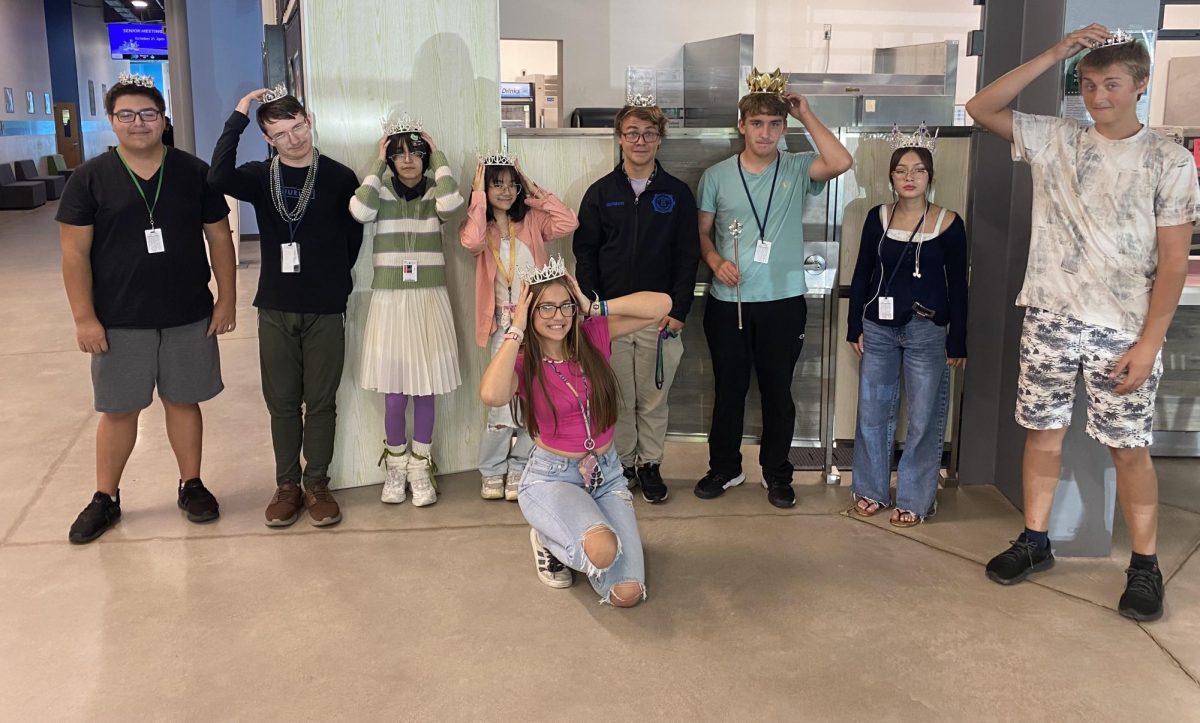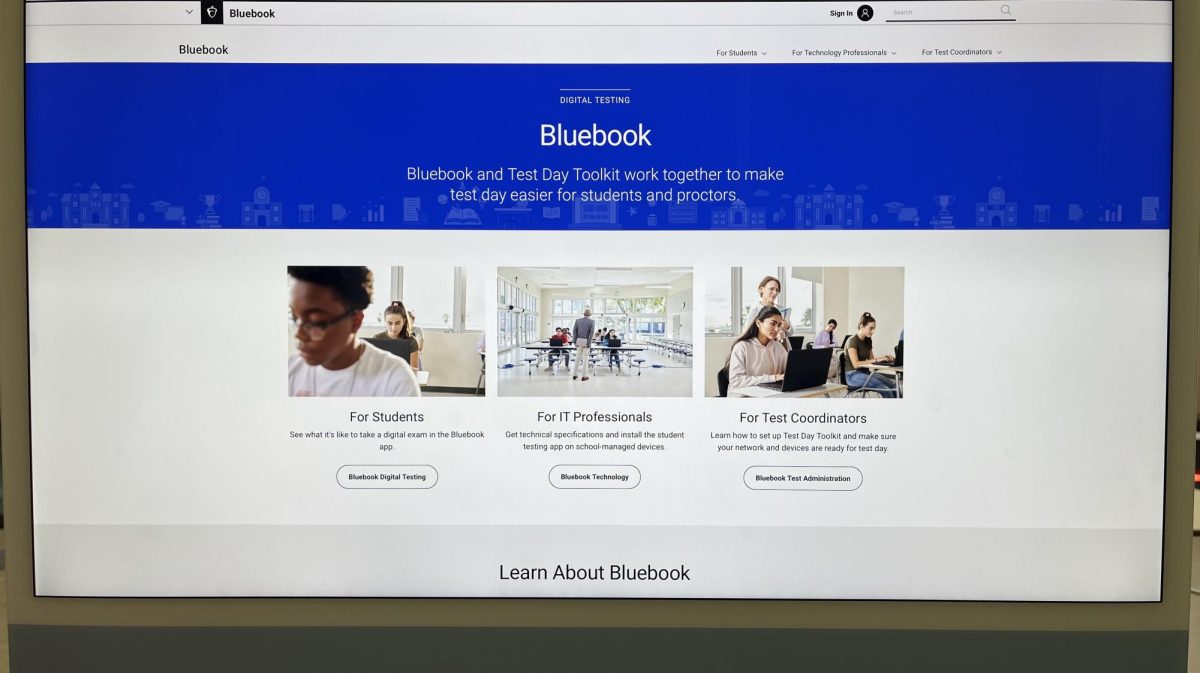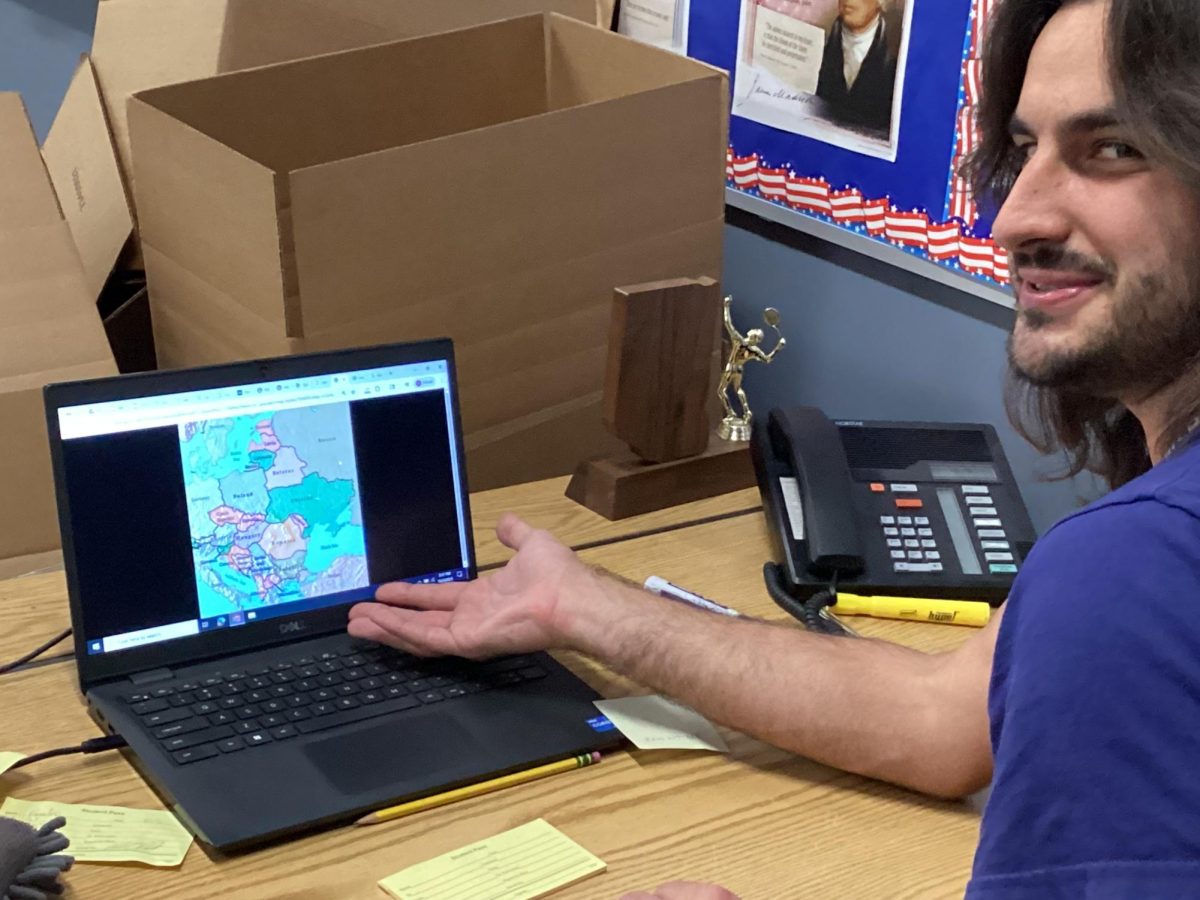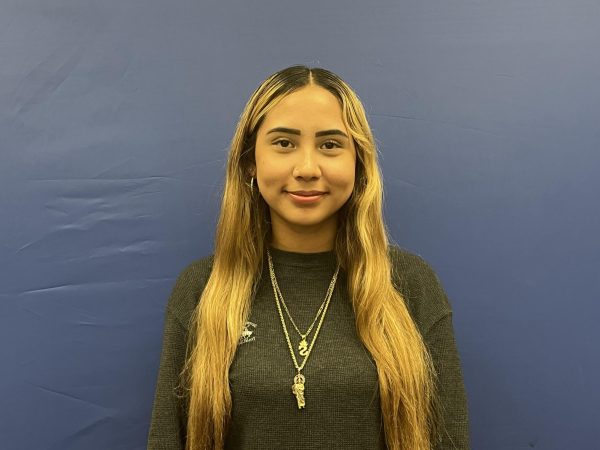The end of the school year is in close proximity–with less than a month to go. While teachers prepare themselves to give their final exams, many students brace themselves for what that could do to their grade. The weight of the final exam can improve their overall grade. Thus, students should strive to do the best they can.
Being prepared for final exams can be easier when studying is spread out over a long period of time. How? Making the most out of class time is extremely valuable. Writing down notes during class can facilitate studying later on. Using class time to ask questions can clear up any confusion. Paying attention from the beginning to the end of the course allows students to gain a full understanding.
Much happens from the beginning to the end of a semester, and it is easy to forget some of the topics discussed along the way. Additionally, students are taking multiple classes at once and live lives apart from school. It is not unnatural to need refreshers before the final exam.
Studying can be done in a variety of ways and is an essential part of preparing for the exams. It is likely that numerous students are feeling anxious about the upcoming exams. By connecting with one another and forming study groups, students can support each other. Studying can be done with tools such as flash cards, quizzes, notes, videos, etc. Making a checklist, eliminating distractions, having a study space, and getting organized are excellent ways to make the most of study time.
Remember, though, study time does not require sitting for hours at a time re-reading material. In fact, taking breaks is an effective study habit. The human brain needs time to process and retain information. According to a Cornell Health study, “taking purposeful breaks (anywhere from 5–60 minutes) from studying to refresh your brain and body increases your energy, productivity, and ability to focus.” Breaks could include taking a shower, taking a nap, listening to music, cooking, stretching, and many more activities.
All studying becomes far less effective without getting enough sleep. Sleep enhances the brain’s memory and ability to concentrate. Therefore, studying earlier in the day can help prevent staying up all night. Elkhart High School senior Mckenzie Hager says, “When I pull all-nighters for a test, I don’t feel as prepared as I think I would be.” Studying for long periods of time doesn’t ensure retaining all the information. “I just end up feeling tired throughout the day,” Hager adds.
Daytime is the most ideal time to start studying, since studying late at night decreases sleep. It is also best to avoid caffeine in energy drinks, coffee, or snacks late in the day. Don’t forget, electronics–like phones and TVs–are distractions that can lead to sleeping late. Eliminating them during nighttime is crucial for averting sleeping late.
With finals right around the corner, following these “tips and tricks” will aid in performing well on final exams.



























Mayra Aguilar Resendiz • Sep 27, 2024 at 2:04 pm
This is a great article that helps remind people that they should study before a test even if you feel like you already know everything you are supposed to. It also prompts people to take a break when they are studying so they don’t feel too overwhelmed when studying.